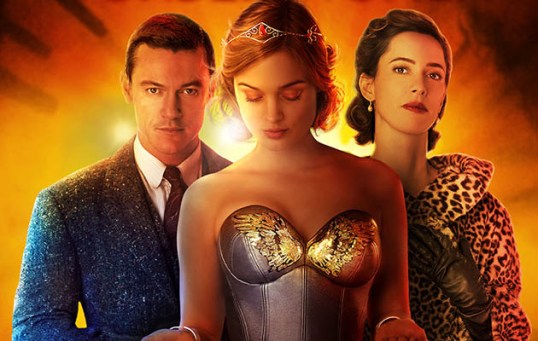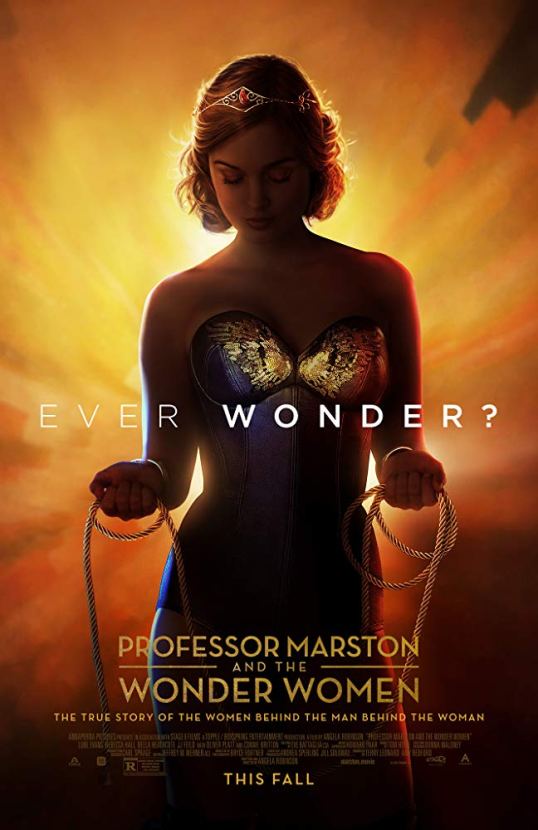It’s another year and that means it’s time for another bad melodrama from Tyler Perry.
In Mea Culpa, Kelly Rowland plays Mea Harper, an Atlanta defense attorney who is hired to defend Zyair Malloy (Trevante Rhodes, delivering his lines with all of the passion of a first generation chatbot) against the charge that he murdered one of his many girlfriend. Zyair is an artist, so he lives in a loft with an open elevator and a lot of mood lighting. He’s been accused of not only murdering his ex but also using her blood and teeth in one of his paintings. Protestors gather outside of a gallery showing his work and chant, “We hate Zyair! We hate Zyair!”
Mea just happens to be the sister-in-law of Ray (Nick Sagar), the assistant district attorney who feels that prosecuting Zyair Malloy will be his ticket to the mayor’s office. Mea’s entire family tells her that she needs to drop Zyair as a client and support her brother-in-law’s ambitions. However, Mea doesn’t like her family. Her cancer-stricken mother-in-law (Kerry O’Malley) is always talking how she wishes her youngest son had married someone else. Mea’s husband, Kal (Sean Sagar), is a total wimp who doesn’t even have the guts to tell everyone that he lost his job and had to go to drug rehab.
Soon Zyair is hitting on Mea and trying to get her into his bed so that he can paint her. Mea tries to resist but when she finds evidence that Kal has been going to a hotel with Ray’s wife, she gives in. Except — uh oh! — it appears that there was a perfectly innocent explanation for the visit to the hotel!
Much like A Fall From Grace, Mea Culpa tries to be enjoyably sordid but it’s actually just dull. You would think that, after 13 films, Perry would have finally learned something about both pacing and how to direct actors but Mea Culpa moves at a snail’s pace and it features some of the worst acting that I’ve ever seen. The final third of the film features a few surprise twists but the plot also features so many unbelievable coincidences that even a crazy twist can’t save the film from being forgettable.
Tyler Perry is an interesting figure on the American pop culture landscape. On the one hand, he’s a talented character actor. One need only rewatch Gone Girl to see how good an actor Tyler Perry can be when he’s not directing himself. And, as tempting as it may be, one should not discount the fact that his films and his television series have made a lot of money. Despite what the critics might say, Tyler Perry does have an audience and apparently, he understands what they want. Tyler Perry has also provided jobs and opportunities for blacks behind and in front of the camera. Perry makes films featuring blacks playing something more than just the comedic relief or the best friend of a white person and, again, the importance of that should not be discounted.
On the other hand, Tyler Perry is a not-particularly imaginative director and a heavy-handed writer and Mea Culpa is more evidence of that. As much as one might want to find something praiseworthy about him as a cinematic artist, the fact of the matter is that even Tyler Perry’s “good” films, like A Jazzman’s Blues, aren’t so much good as they’re just not quite as bad as usual. Given his success and the struggle that blacks have faced trying to move up in the American film industry, I think that everyone would like for Tyler Perry to be a good director but he’s not. He’s a good actor and a good businessman but as a director, Mea Culpa is all too typical of his output.





